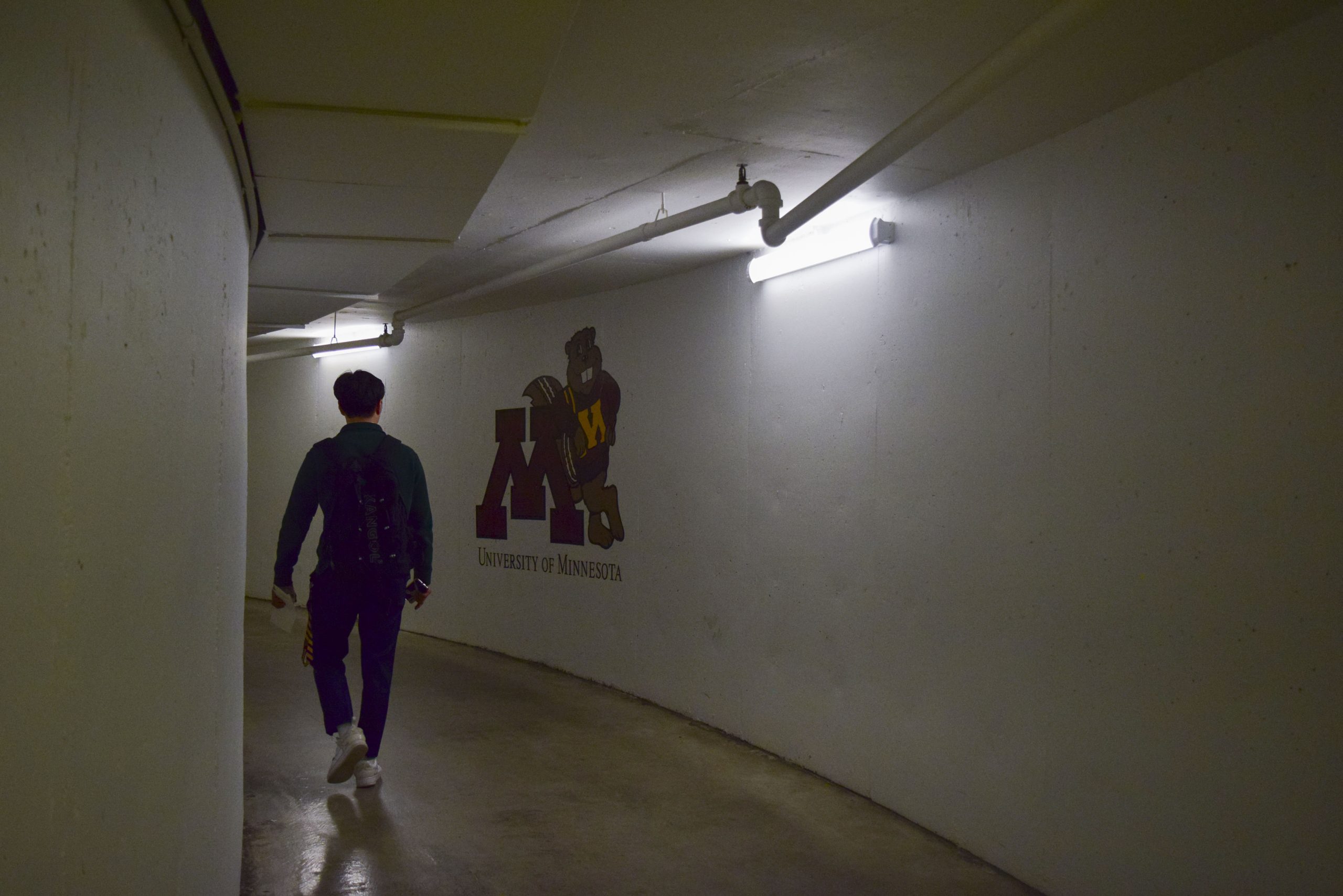Although helping at the Iowa caucuses might be bundles of fun, unfortunately it is the only non-monetary influence most Minnesotans play in choosing their party’s presidential nominee. By the time our caucuses roll around this year – March 2 – the Democratic golden boy (or girl) might basically be chosen.
Indeed, people residing in Iowa, New Hampshire or the seven states holding primaries yesterday have an unfair political advantage. Although solving our nation’s primary system might seem an unfixable, overwhelming problem, with the nation’s head election officials collectively calling for a regional primary system, there is hope.
Party delegates choose their presidential nominee at their national convention. These delegates are picked through state caucuses or primaries. In 1992, only about 10 percent of delegates were picked by mid-March, which spread out the “election” process. However, in an attempt to have more influence, states kept moving the dates of these events up. Now, by mid-March the majority of delegates will already be chosen.
To rectify the problems the primary situation has wrought, the National Association of Secretaries of State, headed by our own secretary of state, Mary Kiffmeyer, is pushing a plan that would break the states into four regions on rotating schedules, giving each a chance to go first. The start of the primaries in one region would be about a month apart from the next. Out of tradition, New Hampshire and Iowa could go before the first region. This plan not only reduces cross-country campaigning, allowing candidates to spend more time in states, but would allow each region to take a turn at having more “influence.”
The difficulty with the proposal is getting states, who administer elections, and their political parties to go along with it. Legislatures must vote to go along with the system. Although achieving this seems a daunting task, with the bipartisan support of the National Association of Secretaries of State, other organizations and public opinion, this sensible and fair plan is capable of passing in each state.










